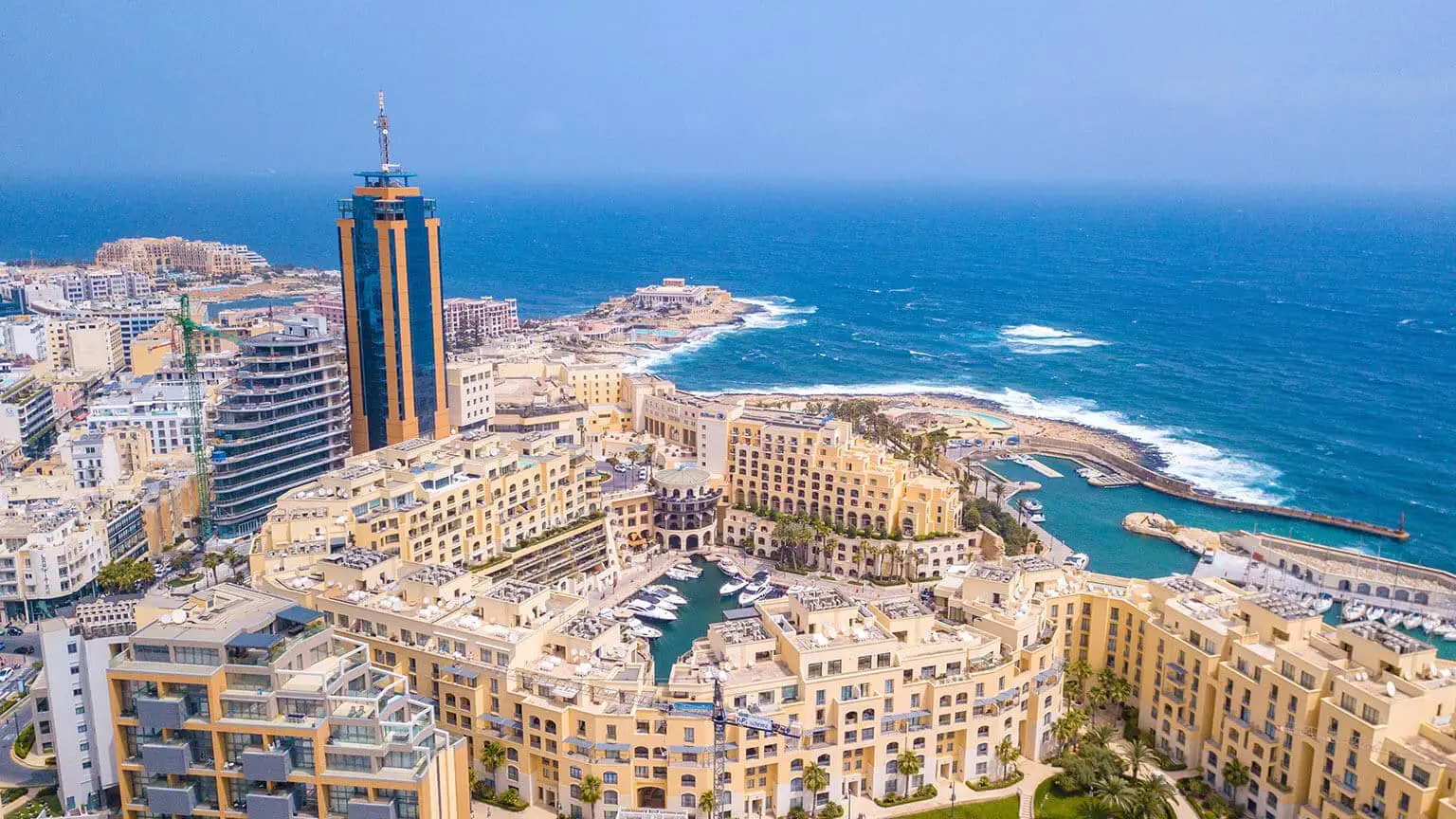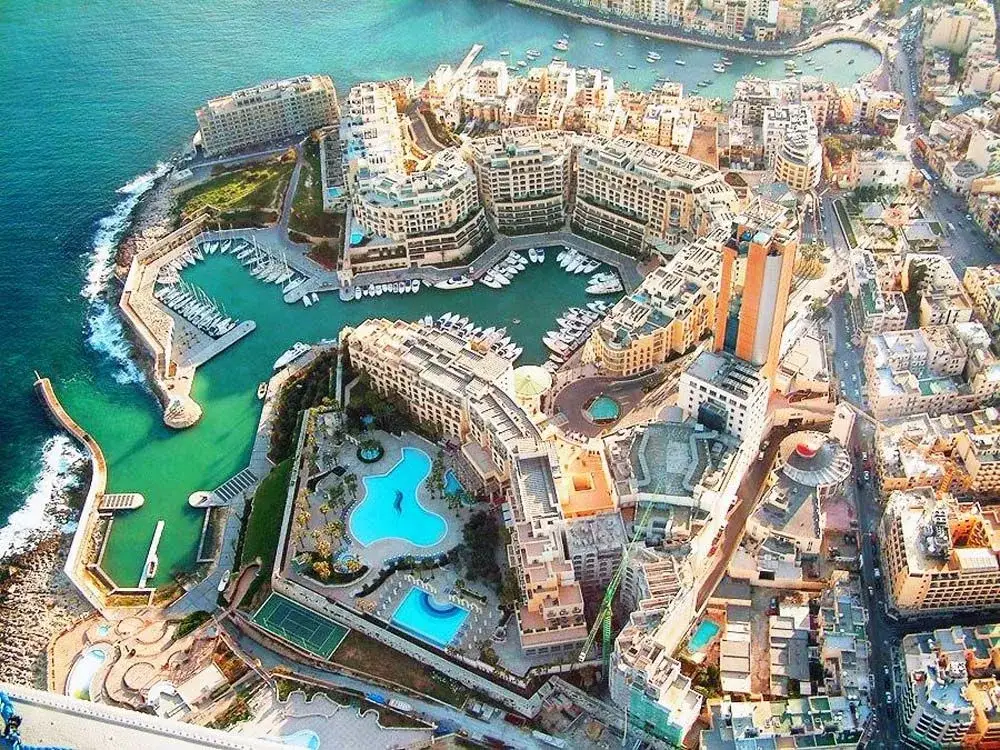For those considering moving to an island or opening a business abroad, the key to success is not only knowledge of laws but also a deep understanding of the tax climate. Mediterranean countries are attracting more and more investors, expatriates, and IT specialists, and the Maltese land stands out among them with its clear financial system and attractive conditions. To make the right choice, it is important to thoroughly study Malta’s tax system and its specifics, as it directly determines your income, expenses, and financial obligations.
Fiscal Residency: Who and When Is It Assigned?
The first step is determining tax residency in Malta. Residency status is assigned when staying on the island for more than 183 days a year. Residency can be officially obtained even without permanent residence, within special programs aimed at foreign citizens.

Residency provides access to double taxation avoidance agreements, as well as a range of benefits. For example, digital specialists or investors purchasing real estate in Malta are offered programs with reduced income tax burden and the possibility of legalizing income without extra costs.
Income Tax: Scale and Exemptions
Taxes in Malta for individuals are calculated on a progressive scale. The maximum rate does not exceed 35%, but applies only to high income. Up to a certain amount, there is a non-taxable minimum. Special schemes are available for expatriates and new residents, allowing to reduce the effective rate through deductions and exemptions.
Income tax is levied only on income received on the island or with a Maltese source. The features of Malta’s tax system create a flexible environment for entrepreneurs working with foreign markets. Many digital nomads choose the Maltese archipelago precisely because of such a scheme, allowing them not to pay taxes on income remaining outside the country.
Corporate Tax and Refund System
Taxes in Malta for legal entities are structured differently than in most European countries. Formally, the corporate tax rate is 35%. However, there is a refund scheme that can reduce the actual rate for non-residents to 5–10%.
The refund is made to shareholders after the company pays the tax. This makes the jurisdiction attractive for holdings, investment structures, and international projects. The features of Malta’s tax system in this regard allow building efficient models with minimal burden without breaking the law.
VAT: General Provisions and Exceptions
VAT in Malta applies to all operations within the country, including supply of goods and services. The standard rate is 18%, which is lower than in many European countries. However, there is a reduced rate for certain categories, such as tourism, transport, medicines, and books.
Entrepreneurs working with foreign clients can register for VAT and receive exemption from export tax. This is especially beneficial for freelancers, IT companies, and service structures. Such flexibility makes the Mediterranean island a convenient platform for online business.
Features of Malta’s Tax System for Investors
Special attention should be paid to fiscal conditions aimed at investing in the country’s economy. Acquiring real estate, launching a startup, or participating in investment programs provides access to a range of benefits.
Taxes for investors are simplified if the conditions of the investment agreement are met. The features of Malta’s tax system allow flexible management of income structure and minimization of obligations.
Key Advantages of the Tax Model
Maltese jurisdiction combines European regulation with a flexible approach to foreign residents. Below are the key reasons why the country remains attractive for living and doing business:
- access to double taxation avoidance agreements (over 70 countries);
- absence of tax on worldwide income if not remitted to the country;
- low effective corporate tax;
- simplified declarations for individual entrepreneurs;
- benefits when purchasing real estate and participating in investment programs;
- convenient online tax declaration form.
For those considering moving to Europe but seeking a balance between transparency and benefit, the features of Malta’s tax system become a decisive argument.
What to Consider When Planning Taxes?
Despite the favorable environment, there are aspects that require attention. Below is a list of key factors to consider when dealing with taxes:
- residency registration requires actual presence and address registration;
- exceeding the income limit in the country requires filing a declaration;
- keeping accounts and reporting according to international standards is required;
- receiving dividends may require separate registration and taxation;
- rules may change – it is important to consult with a local consultant.
The right strategy allows not only to save but also to ensure the complete legal security of your assets.
Features of Malta’s Tax System Compared to Other Countries
In the context of the European Union, the Mediterranean island offers one of the most flexible and reasonable models. Unlike countries with a fixed rate and strict taxation, here, tax is only paid when funds are transferred. This allows accumulating profits abroad and optimizing payments.
Additionally, registering companies, submitting declarations, and obtaining licenses take minimal time. The features of Malta’s tax system create conditions where businesses feel protected, and individuals can be confident in the stability of their financial position.

Conclusion: Is Choosing the Maltese Archipelago for Residency Worth It?
When considering migration options, opening a business, or investing funds, more and more people are paying attention to the features of Malta’s tax system. Transparency, stability, access to European legal norms, and a flexible approach to foreign residents make the island one of the best choices for 2025.
Residency programs, support for small businesses, transparent rates, and low bureaucracy make the country attractive not only for large corporations but also for freelancers, startup owners, and families planning to relocate.
 en
en  ru
ru  de
de  ar
ar  es
es  hi
hi  fr
fr  nl
nl  it
it  pt
pt  el
el 



